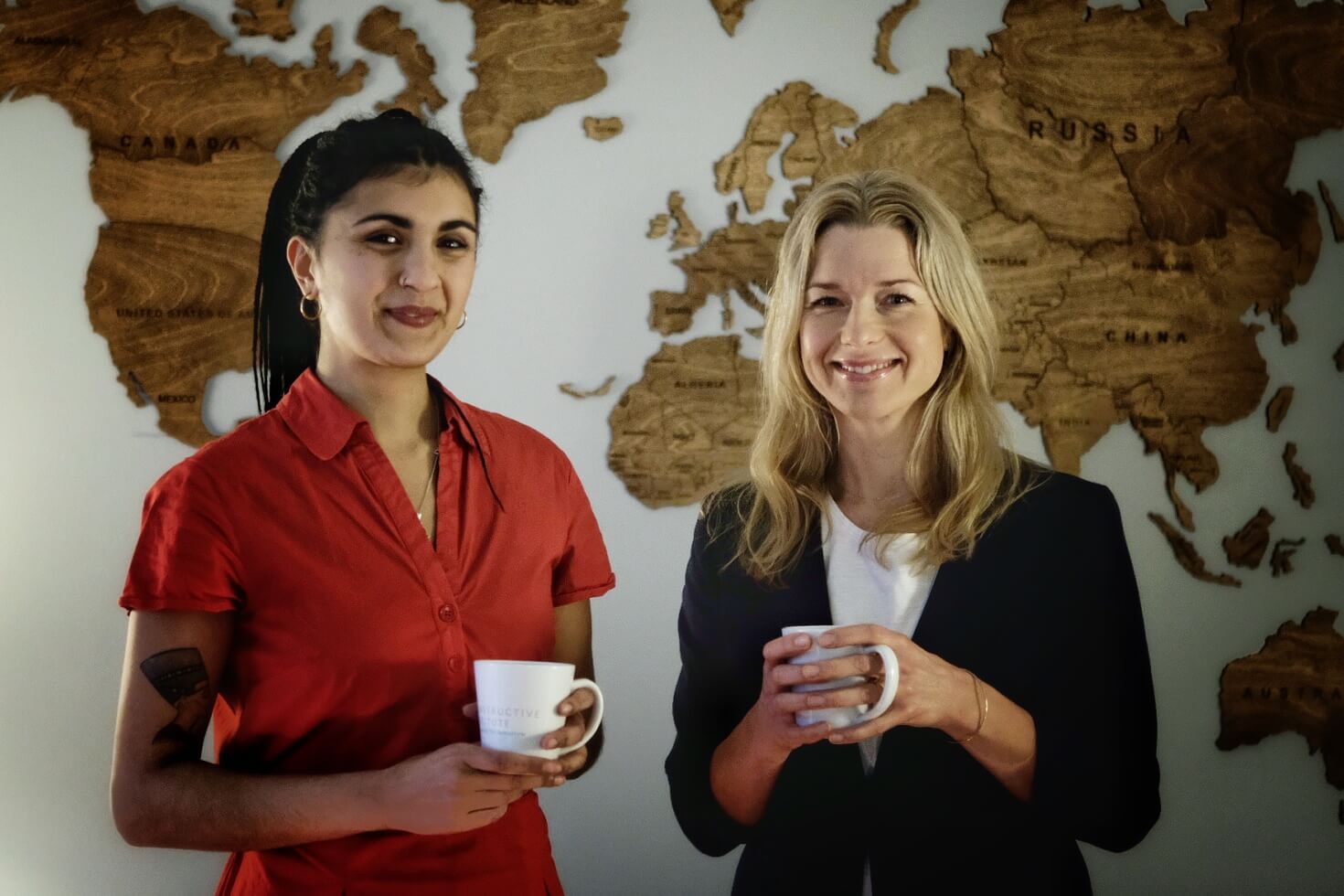Building a Global Conversation on Better Journalism
For 24 hours following the sunrise through all time zones on Planet Earth the Constructive Institute brought together key players with the potential to impact the future of journalism. Amongst other questions we asked “Is the way journalism currently filters the world part of the problem causing polarization, news avoidance and trust meltdown in our democracies?” And “How can news become a part of the solution?”
Thank you for joining us
- Watch below for many of the sessions you didn’t catch
- We will distill lessons learnt from our speakers into a constructive journalism charter
CONFERENCE PROGRAM
12:00 – 14:00 (CET): Aarhus
What is constructive journalism and why do we need it? Live panels and talks from Aarhus lay out the problem the news media faces and how we collectively can build a journalism for tomorrow.
Musical Opening:
Mads Langer, Singer/Song Writer, (Denmark)
Hosts: Zina Hameed, Journalism Student, DMJX, (Denmark) & Eva Dalgaard Andreasen, Constructive Journalism Fellow, Constructive Institute and Journalist and Host, Danish Broadcasting Corporation, (Denmark)
Opening Words:
Ulrik Haagerup, CEO, Constructive Institute, (Denmark)
WHY IS THERE A NEED FOR CONSTRUCTIVE JOURNALISM?
Keynote:
Minister President, Armin Laschet, NRWF, (Germany)
In Conversation: SLOW FOOD AND FAST NEWS
Ben Liebmann, CEO, Understory, COO, Noma, (Denmark)
Keynote:
Liz Corbin, Deputy Media Director, European Broadcasting Union, (UK)
Panel Debate: THE NEXT GENERATION OF JOURNALISTS
Morten Skovsgaard, Professor, University of Southern Denmark, (Denmark)
Trine Nielsen, Rector, DMJX, (Denmark)
Nico Drok, Vice Chair, World Journalism Education Council (The Netherlands)
Alexandra Haderlein, Editor-in-Chief, Lokal-blog Nürnberg, (Germany)
Rikke Snede Okkels, Journalism Student, DMJX, (Denmark)
Emilie Stein Thorsen, Journalism Student, DMJX, (Denmark)
Sarah Oliver, Journalism Student, RMIT University, Melbourne, (Australia)
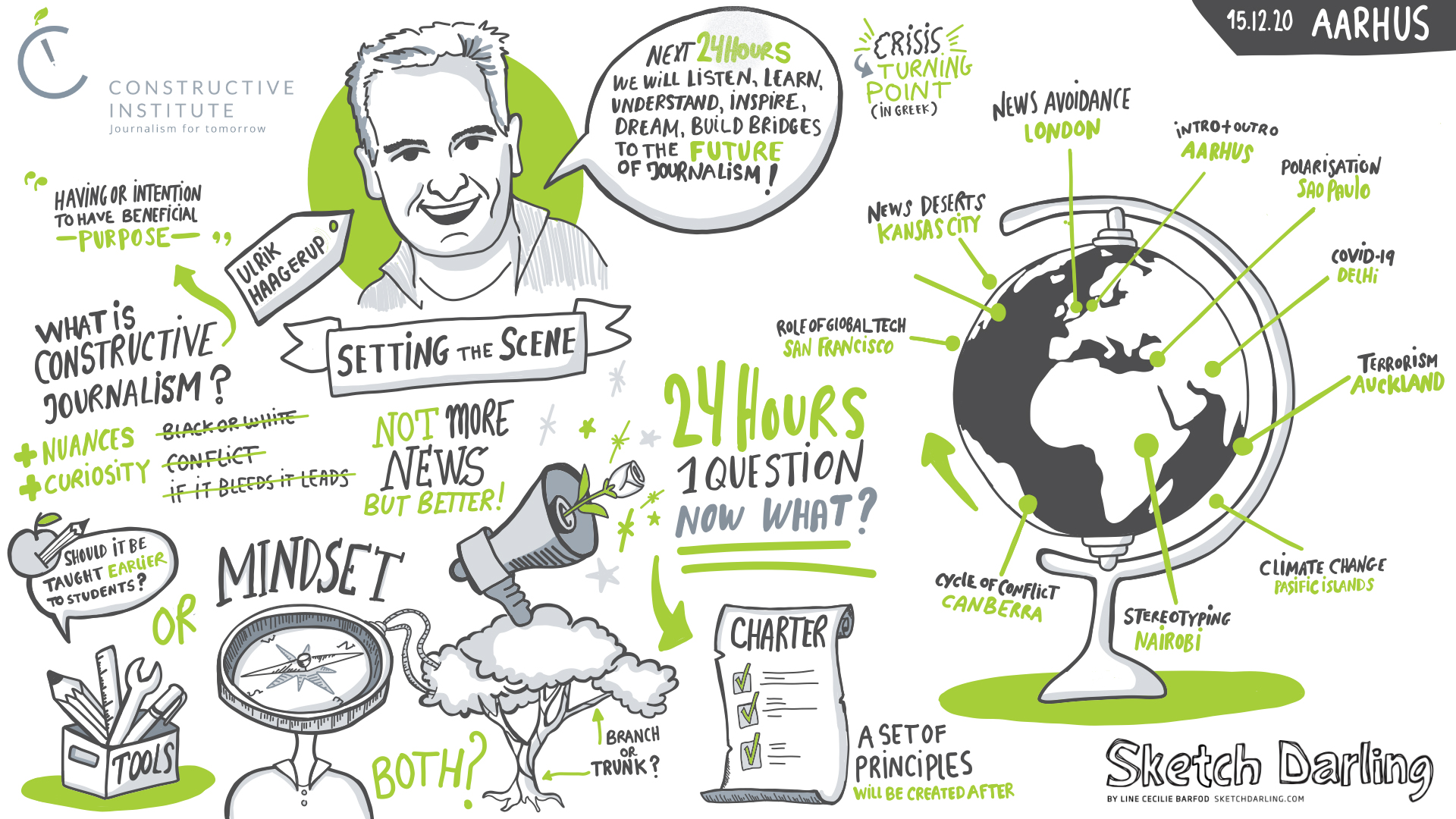
14:00 – 18:00 (CET): London
The British news media is respected worldwide for some of the best journalism there is. At the same time the last few years has seen an increasingly divided political and news media landscape which is strikingly negative and often resorts to sensationalist headlines and political point scoring rather than calm and curious discussion. We explore the UK’s lessons for the world learning from journalism leaders, hearing from news consumers and digging into the data.
WHAT DO NEWS CONSUMERS HAVE TO SAY?
Interview:
Jodie Jackson, Author “You Are What You Read” (UK)
WHAT DO JOURNALISM LEADERS THINK?
Introduction:
Sir Martyn Lewis, Former News Presenter, BBC, Philanthropist (UK)
Panel Debate:
Emma Tucker, Editor-in-Chief, The Sunday Times, (UK)
Mohit Bakaya, Controller, BBC Radio 4, (UK)
Mark Rice-Oxley, Membership Editor, The Guardian (UK)
Naja Nielsen, Digital Director, BBC, (UK)
Katie Vanneck Smith, Co-founder of Tortoise Media, (UK)
Moderator: Sir Martyn Lewis, Former News Presenter, BBC, Philanthropist, (UK)
WHAT DOES THE DATA SHOW?
Show & Tell Sessions:
Rasmus Kleis Nielsen, Reuters Institute, (UK)
Peter Damgaard, CFOO, Constructive Institute, (Denmark)
Thomas Baekdal, Media Analyst, (Denmark)
Breakout Session: NEWS AVOIDANCE
Young Moderators: Phoebe Davis (UK) and Nimo Omer (UK); Journalist: Samanthi Dissanayake, BBC; Jodie Jackson, Author, (UK)
18:00 – 20:00 (CET): Sao Paulo
In Brazil, as in the US, the news media has been declared an “enemy of the people” by the government. In an increasingly polarized political landscape how can newsrooms continue to serve the public interest? How can journalists avoid an overwhelming negative news focus and instead address constructive solutions to the country’s challenges? What role can reporters play in facilitating calm and curious conversation between those in power and news audiences with different political standpoints?
Digital Discussion:
Marcelo Rech, President of Brazilian Newspaper Association (ANJ) & Member of Executive Committee, WAN-IFRA, (Brazil)
Juan Pablo Gomez, Journalist, Rutas del Conflicto (Columbia)
Anne Applebaum, Staff Writer, The Atlantic, (USA)
Daniel Scola, Journalist from Radio Gáucha & Grupo RBS, (Brazil)
Moderator: Jakob Rubin, Consultant, (Denmark)
Interactive/Breakout Session: JOURNALISM IN A POLARISED WORLD
Young Moderator: Beatrice Sanz, Journalist: Regiane Oliveira, El Pais Brazil
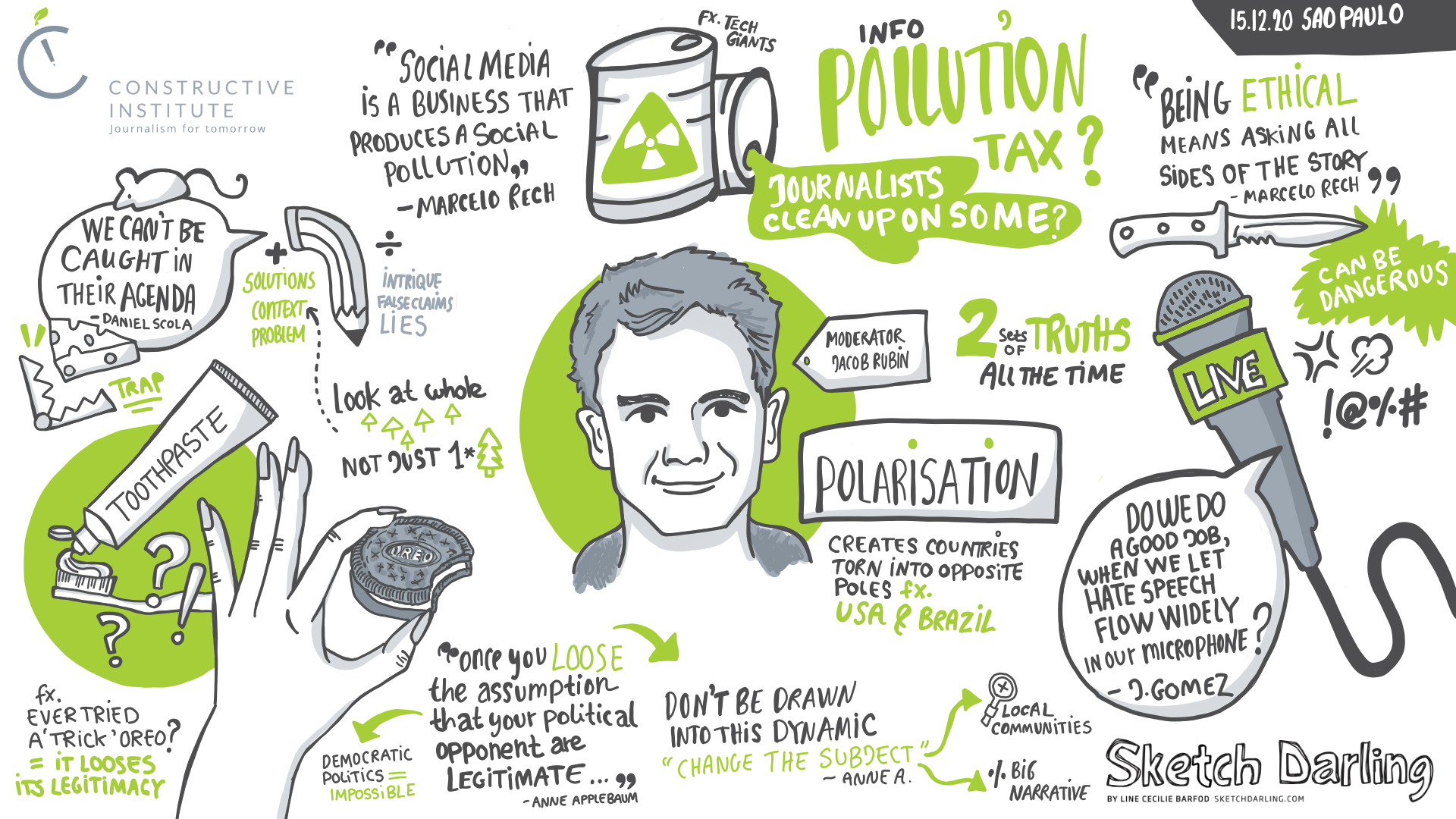
20:00 – 21:00 (CET): Philadelphia
Investigative Journalism is one of the hall marks of respected journalism holding truth to power and exposing corruption, but can investigative reporting be constructive? Our panel thinks so. Respected award winning investigative reporters from Denmark, Germany and the US discuss their work and explain why it is important to go beyond exposing society’s problems.
Digital Discussion:
David Boardman, Dean, Klein College of Media and Communication, Temple University in Philadelphia, (USA)
David Schraven, Founder of Correctiv, (Germany)
John Hansen, Chairman of the Association For Investigative Journalism, (Denmark)
Moderator: Orla Borg, Constructive Institute & Investigative Journalist, (Denmark)
21:00 – 23:00 (CET): Kansas City
As local newspapers have closed across the US, more and more communities are left with no daily local news outlet at all. Beyond the losses of livelihood to thousands of journalists (in 2018 journalists lost more jobs than coal miners) what is the problem with news deserts and what can be done about them?
Introduction: FAILURE FOR NEWS IS A FAILURE FOR DEMOCRACY
Steve Kraske, former Editorial Board Member, The Kansas City Star; UMKC Journalism Professor, (USA)
Show & Tell Sessions:
Jeniffer Brandel, Co-founder and SVP Global Partnerships, Hearken, (USA)
Liza Gross, VP of Practice Change, Solutions Journalism Network, (USA)
Interview:
John Montgomery, Global Executive Vice President of Brand Safety, GroupM, (USA)
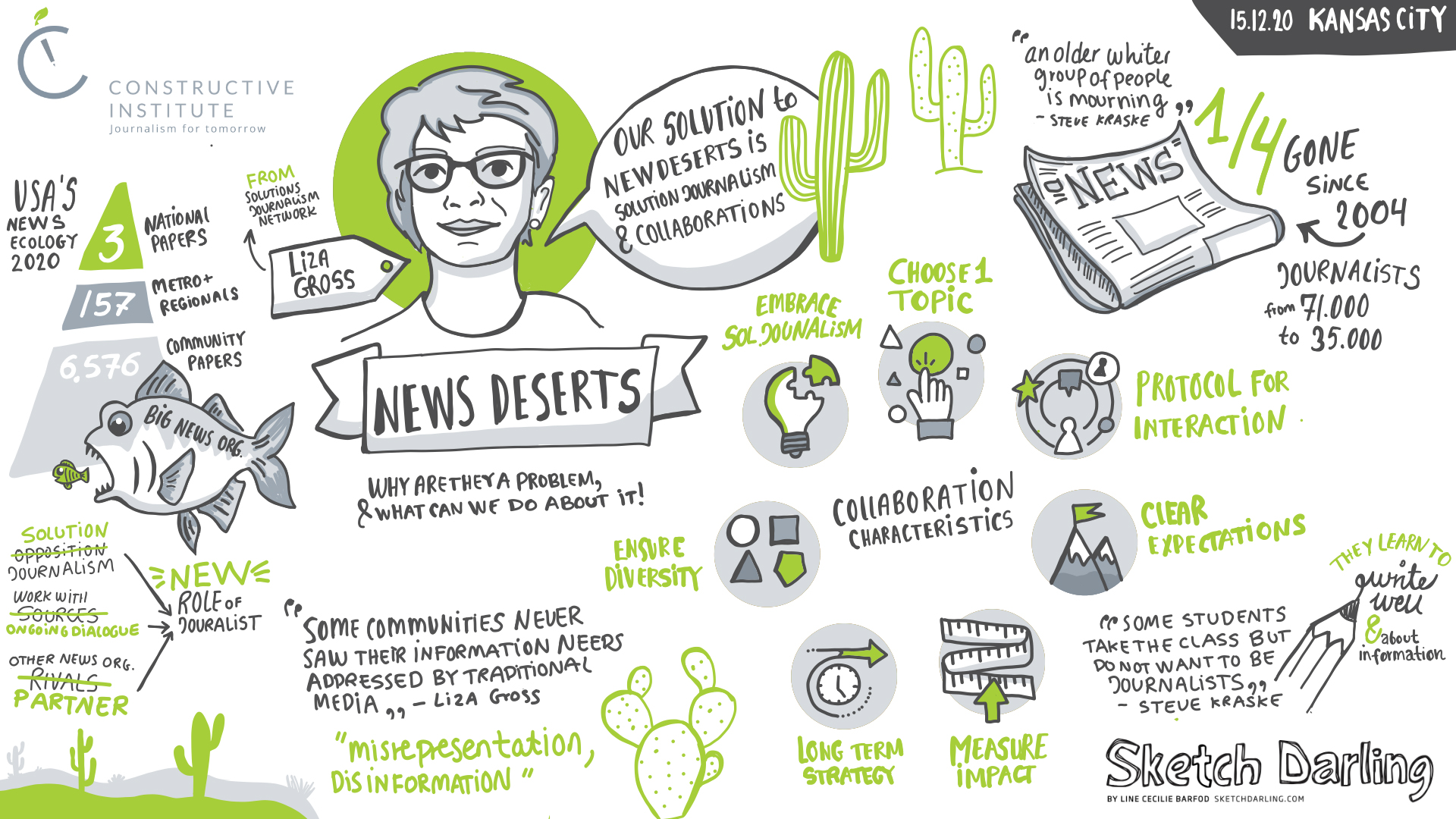
23:00 – 00:00 (CET): San Francisco
In an age of digital disruption technology platforms such as Google and Facebook are often gatekeepers between news content and news audiences. What role should global technology companies play in enabling citizens to access the best obtainable version of the truth? What approaches are being explored by these influential connectors to surface quality journalism with nuance and perspective over sensationalist and outrageous content which spreads fake news and mistrust?
Digital Discussion:
Richard Gingras, Vice President of News, Google, (USA)
Jesper Doub, Director of News Partnerships, Facebook, (USA)
Moderator: Ulrik Haagerup, CEO, Constructive Institute, (Denmark)
Breakout Session: OPPORTUNITIES FOR JOURNALISM IN THE WORLD
Young Moderator: Dinorah Avendano, (USA), Journalist: Danielle Fried, 9 News
00:00 – 01:00 (CET): Pacific Islands
The changing climate is one of the biggest stories of our time but journalists have struggled to convey an issue with such a gradual impact and whose consequences lie in tomorrow. Some journalism outlets seek to show the climate as “crisis“ and the news media in a fight with corporations and governments who have a vested interests in the status quo. But are there alternative approaches? Can journalists play a role in showing small incremental local impacts rather dramatic images, outlining solutions and offering hope for ways forward?
Keynote: “MESSAGE TO THE MEDIA”
Anote Tong, Former President of Kiribati (Kiribati)
Interview:
Kirsten Brosbøl, founder of 2020 Beyond and Former Minister of Environment
Message from:
Ralph Ashton, founder of the Australia Futures Project
Digital Discussion:
Olivier Gil, Program Coordinator, Reporters D’Espoir (France)
Erik Rasmussen, Publisher & CEO of Sustania (Denmark)
Mads Nyborg Støstad, Journalist, NRK (Norway)
Iliesa Tora, President of the Pacific Environment Journalist Network (Tonga)
Moderator: Sarah Golczyk, Danish Broadcasting Corporation (Denmark)
01:00 – 02:00 (CET): Auckland
In 2019 the world looked on with shock and horror at the rolling coverage of a terrorist attack in a New Zealand mosque. As the country became frontpage news both the government and news media put the focus on the rights and impact on the victims rather than the motives of the terrorists. A group of senior editors representing major outlets agreed editorial guidelines for reporting the trial. We will hold an international discussion to look at what can learnt from this and how journalists can avoid “being a useful idiot for terrorists”.
Digital Discussion:
Richard Sutherland, Head of News, Radio New Zealand (New Zealand)
Thomas Hegghammer, Researcher on Terror, Norwegian Defence Research, Establishment (FFI), (Norway)
Didier Lauras, Senior Correspondent in terrorism and security, French News Agency AFP, (France)
Moderator: Hans Davidsen-Nielsen, Investigative Reporter, Politiken, (Denmark)
Message from:
Daniel Rye, Photo Journalist and former hostage
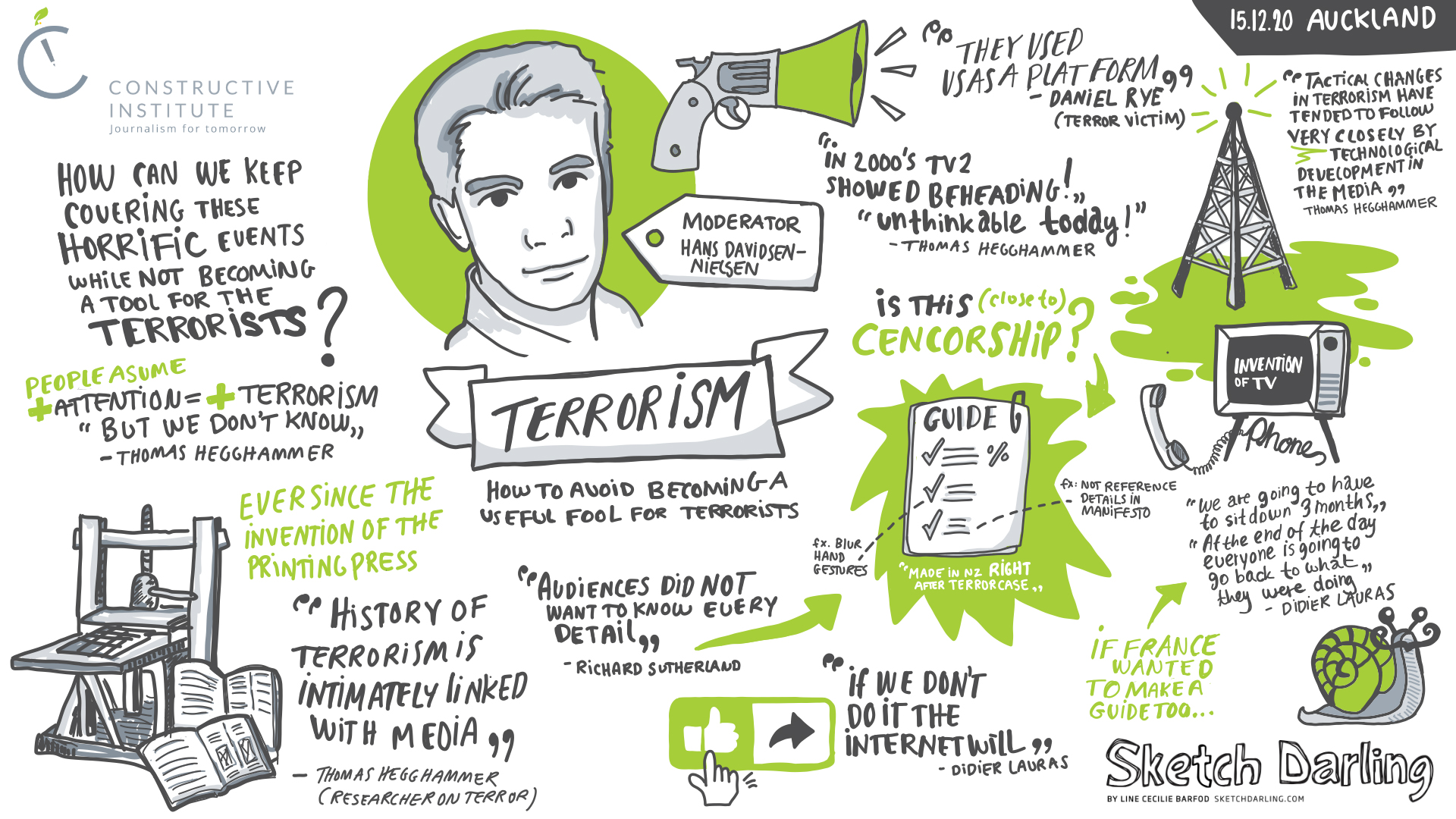
02:00 – 04:00 (CET): Canberra
From the heart Australian politics this panel will look at the impact of a journalistic focus on politics and politicians. We will discuss how an emphasis on aggressive pundits and sensational sound bytes cripples political conversation, handing the microphone only to loudest and most shocking and drowning out thoughtful analysis, collaboration and ways forward.
Panel Debate:
Mark Riley, Political Editor, Seven Network, (Australia)
Katharine Murphy, Political Editor, Guardian Australia, (Australia)
Shalailah Medhora, Political Correspondent Triple J, (Australia)
Kirsten Brosbøl, Former Minister of Environment, (Denmark)
Ralph Ashton, Founder and Executive Director, Australian Futures Project, (Australia)
Moderator: Richard Lawson, Former Canberra Bureau Chief, Australian Associated Press, (Australia)
Breakout Session: “CONFLICT IN MEDIA AND POLITICS”
Young Moderator: Sarah Oliver, (Australia), Journalist: Brett McLeod, News Anchor, Nine News Melbourne, (Australia)
04:00 – 06:00 (CET): Delhi
The coronavirus pandemic has put journalism to the test. Since the start of the global outbreak, millions of scared, confused and isolated citizens from Milan to Melbourne and Michigan have turned to traditional media outlets for information free from the lies, half-truths, rumors and fake news. In many countries news media have seen page views for their online news sites double. What have we learned, and how do we avoid returning to bad newsroom habits that — already before this crisis — eroded trust in journalism and in democracy?
Show & Tell Session: EBU NEWS REPORT: PSM NEWS AND COVID-19
Maike Olij, European Broadcasting Union, (Switzerland)
Digital Discussion:
Ritu Kapur, Co-founder of The Quint (India)
Kaori Kohyama, Co-founder & Editor In Chief, The Leads Asia (Japan)
Gabby Stern, Director of Communications, WHO, (USA)
Anne Lagercrantz, Director of News and Sports Division, SVT, (Sweden)
Moderator: Kasper Kaasgaard, Journalist, Altinget, (Denmark)
Breakout Session: “COVERING CORONA”
Young Moderator: Gouri S Dev (India), Journalist: Vaishali Sood, Health Editor, The Quint, (India)
06:00 – 08:00 (CET): Nairobi
How can Africa’s young journalists tell Africa’s story better and why should they lead this change? As young Africans continue to risk their lives crossing to Europe in search of a better imagined future how can journalists convey the possibilities that exist within the continent? How can they offer the best obtainable version of the truth; showing Africa neither as a hopeless continent but also not falling for a simplistic Africa Rising narrative?
Keynote:
Fred Swaniker, African Leadership Academy, (Mauritius)
Show & Tell Session:
Gordwin Odhiambo, Photo journalist & Founder of Every Day Kibera, (Kenya)
Digital Discussion:
Dickens Olewe, Journalist, BBC News, Africa desk, (Kenya)
Gordwin Odhiambo, Documentary Photographer, (Kenya)
Jan Grarup, Photojournalist, (Denmark)
Moderator: Cynara Vetch, Project Lead, International, Constructive Institute, (Kenya/UK)
Breakout Session: “BEYOND STEREOTYPES”
Moderator: Sofonias Negussi, (Kenya), Journalist: Dickens Olewe, Journalist, BBC News, Africa desk, (Kenya)
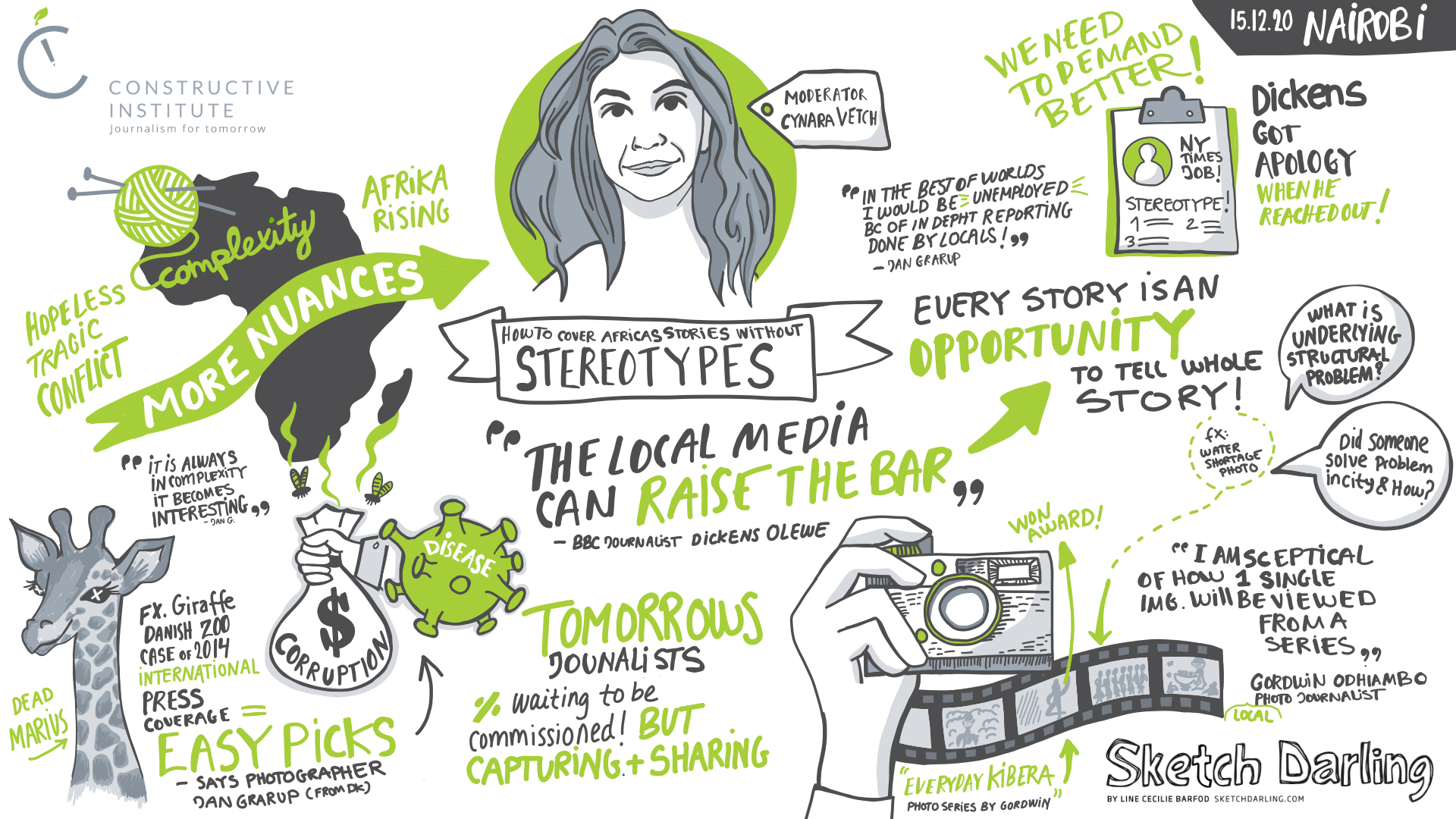
08:00 – 09:00 (CET): Beirut
How can journalism “bridge” deep political differences and identities and find “common ground”. Are there limits to inclusion? What about societies where conflict and violence lays the foundation for deep suspicion and stereotypes? We learn from both journalism projects and mediation experts outside the news industry.
Digital Discussion:
Eve Pearlman, Co-founder, Spaceship Media, (USA)
Alia Ibrahim, Co-founder and CEO of Daraj, (Lebanon)
Mikkel Gudsøe, Head Of Project, Bridge Building Journalism, (Denmark)
Moderator: Henrik Grunnet, Special Advisor, International Media Support, (Denmark)
09:00 – 12:00 (CET): Aarhus
We collate the lessons learnt from journalism around the world in the last 24 hours and hear from change makers in industries beyond the news media. Industries from fashion to food are turning away from fast, damaging and unethical practices and finding profit in their pivot. What can newsrooms and journalists do going forward to ensure that our businesses sustain society for future generations?
Introduction: WHAT LESSONS HAVE WE LEARNT FROM AROUND THE WORLD?
Panel Debate: LESSONS FROM A SMALL ISLAND
Esben Seerup, Editor-in-Chief, TV2 Fyn, (Denmark)
Jakob Kwon, Editor-in-Chief, TV2, (Denmark)
Poul Kjærgaard, Editor-in-Chief, Fyens Stiftstidende, (Denmark)
Morten Rønnelund, Editor, DR Fyn, (Denmark)
Panel Debate: INSPIRATION FROM NORTHERN EUROPE
Philip Faigle, Co-founder of Deutschland Spricht and My Country Talks, Die Zeit, (Germany)
Lea Korsgaard, Editor-in-Chief, Zetland (Denmark)
Morten Jönsson, Head of Editorial Development, Dagens Nyheter, (Sweden)
Gro Engen, Editor, NRK, (Norway)
Matleena Ylikoski, Conciliatory Journalist, (Finland)
Moderator: Eva Dalgaard Andreasen
Research Findings: CONSTRUCTIVE JOURNALISM IN EUROPE
Lindsay Green-Barber, Founder of Impact Architects, (US)
Global Award: FUTURE OF JOURNALISM AWARD
Presented by Constructive Institute and Solutions Journalism Network
SUSTAINABLE JOURNALISM: WHAT CAN WE LEARN FROM BEYOND THE NEWS INDUSTRY?
Keynote:
Erlend G. Høyersten, Director, Aros Museum, Denmark
Panel Debate: “WHAT IS SUSTAINABLE JOURNALISM AND HOW TO GET THERE?”
Ben Liebman, CEO, Understory, COO Noma, (Denmark)
Jakob Askou Böss, Senior Vice President of Corporate Strategy & Stakeholder Relations, Ørsted, (Denmark)
Poul Pedersen, CEO, Thise Organic Dairies, (Denmark)
Eva Kruse, CEO, Global Fashion Agenda, (Denmark)
Closing Words: & Introduction to the Constructive Journalism Charter
CONFERENCE SPEAKERS
The conference will bring together key players with the potential to impact the future of journalism from all over the world.
Among others we will be hearing from …

ANNE LAGERCRANTZ
Director of News and Sports Division, SVT

DIDIER LAURAS
Senior Correspondent in terrorism and security, French News Agency AFP

DICKENS OLEWE
Journalist, BBC News, Africa desk

THOMAS HEGGHAMMER
Researcher on Terror, Norwegian Defence Research, Establishment (FFI)
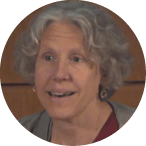
GABBY STERN
Director of Communications, WHO

LIZ CORBIN
Deputy Director Media and Head of News at the European Broadcasting Union

GRO ENGEN
Editor, NRK
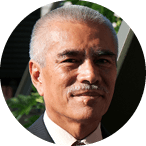
ANOTE TONG
Former President of Kiribati
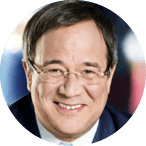
ARMIN LASCHET
Minister-president of the state of North Rhine-Westphalia
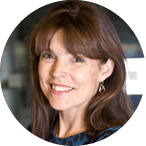
EMMA TUCKER
Editor of The Sunday Times

ALIA IBRAHIM
Co-founder and CEO of Daraj
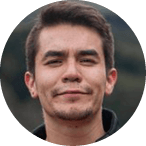
JUAN GOMEZ
Journalist, Rutas del Conflicto

ANNE APPLEBAUM
Author & Staff Writer, The Atlantic
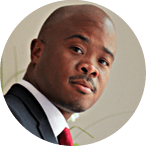
FRED SWANIKER
Founder of The African Leadership Network
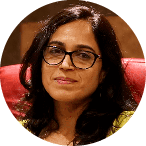
RITU KAPUR
Founder & CEO of The Quint
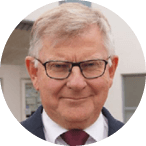
POUL PEDEREN
CEO, Thise
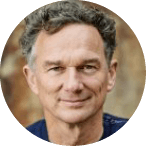
JAKOB RUBIN
Freelance Journalist & News Media Consultant
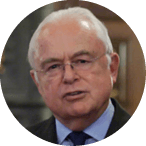
SIR MARTYN LEWIS
Former News Presenter, BBC, Philanthropist
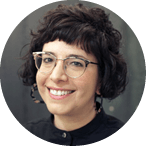
JENNIFER BRANDEL
Co-founder and SVP Global Partnerships, Hearken
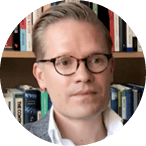
RASMUS KLEIS NIELSEN
Director of Reuters Institute for the Study of Journalism

MARCELO RECH
President of the Brazilian Newspaper Association (ANJ)
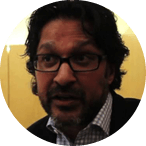
MOHIT BAKAYA
Controller, BBC Radio 4

PETER DAMGAARD KRISTENSEN
CFOO, Constructive Institute
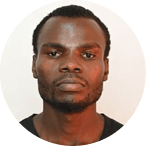
GORDWIN ODHIAMBO
Independent Documentary Photojournalist
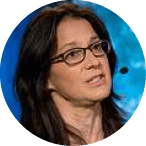
EVE PEARLMAN
CEO and co-founder Spaceship Media

JODIE JACKSON
Campaigner, Researcher and Author of the book ‘You Are What You Read
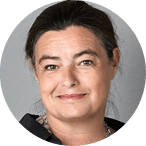
TRINE NIELSEN
Rector of Danish School of Media & Journalism
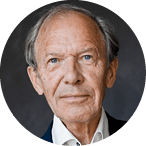
ERIK RASMUSSEN
Founder and Executive Chairman at Sustainia
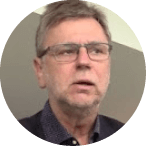
NICO DROK
Vice Chair, World Journalism Education Council

NAJA NIELSEN
Digital Director, BBC

MORTEN SKOVSGAARD
Professor (WSR) of Journalism, University of Southern Denmark
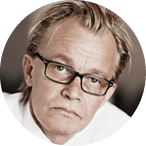
JAN GRARUP
Independent Documentary Photographer
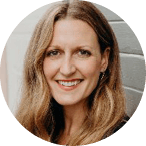
LINDSAY GREEN-BARBER
CEO, Impact Architects

DANIEL SCOLA
Journalist from Radio Gáucha & Grupo RBS
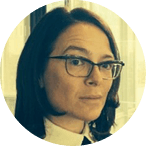
KATIE VANNECK SMITH
Co-founder of Tortoise Media
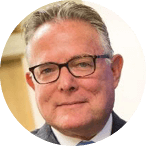
DAVID BOARDMAN
Dean, Klein College of Media and Communication, Temple University in Philadelphia

DAVID SCHRAVEN
Founder of Correctiv

JACOB KWON
Editor-in-Chief, TV2

JESPER DOUB
Director of News Partnerships, Facebook

LIZA GROSS
Vice President of Practice Change, Solutions Journalism Network
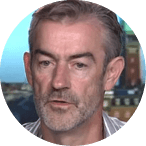
JOHN HANSEN
Chairman of the Association For Investigative Journalism

ALEXANDRA HADERLEIN
Editor-in-Chief, Lokal-blog Nürnberg

KASPER KAASGAARD
Journalist, Altinget

JOHN MONTGOMERY
Global Executive Vice President of Brand Safety, Group M

KAORI KOHYAMA
Co-founder & Editor-in-Chief, The Leads Asia

MADS STØSTAD
Digital Journalist, Norwegian Broadcasting (NRK)
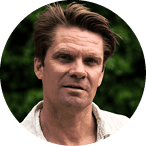
HANS DAVIDSEN-NIELSEN
Investigative Journalist, Politiken
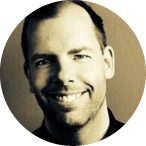
MIKKEL GUDSØE
Head Of Project, Bridge Building Journalism
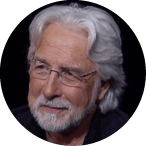
RICHARD GINGRAS
Vice President, News, Google
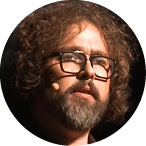
ERLEND HØYERSTEN
Director, Aros Museum
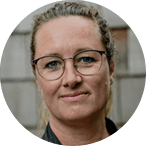
GERD MARIA MAY
Consultant, Fyens Stiftstidende

LEA KORSGAARD
Editor-in-Chief, Zetland

CYNARA VETCH
Project Lead, International, Constructive Institute
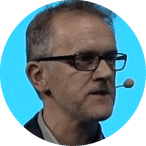
MARK RICE-OXLEY
Membership editor at Guardian News & Media

PHILIP FAIGLE
Special Projects Editor, Zeit Online
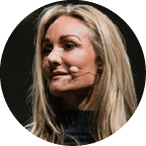
EVA KRUSE
CEO, Global Fashion Agenda
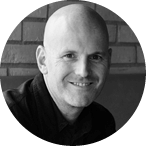
BEN LIEBMANN
CEO, Understory & COO, Noma
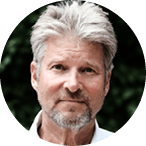
HENRIK GRUNNET
Special Advisor, International Media Support
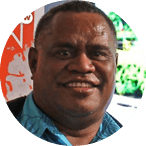
ILIESA TORA
President of the Pacific Environment Journalists Network
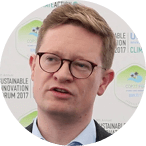
JAKOB ASKOU BOSS
Senior Vice President of Corporate Strategy & Stakeholder Relations, Ørsted
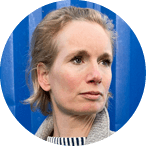
MAIKE OLIJ
Consultant, European Broadcasting Union

MARTIN JÖNSSON
Head of Editorial Development, Dagens Nyheter
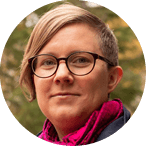
MATLEENA YLIKOSKI
Conciliatory Journalist, Freelance
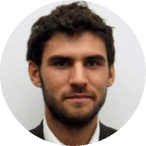
OLIVIER GIL
Program Coordinator, Reporters D’Espoir
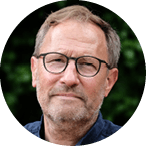
ORLA BORG
Head of Fellowship, Constructive Institute & Investigative Journalist
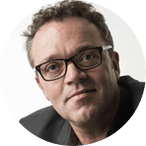
POUL KJÆRGAARD
Editor-in-Chief, Fyens Stiftstidende

RICHARD SUTHERLAND
Head of News, Radio New Zealand
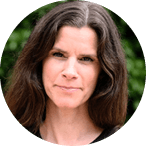
SARAH GOLCZYK
Journalist, Danish Broadcasting Corporation

THOMAS BAEKDAL
Media Analyst

ULRIK HAAGERUP
CEO, Constructive Institute
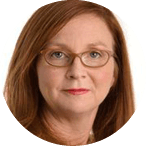
KATHARINE MURPHY
Political Editor, Guardian Australia

MARK RILEY
Political Editor, Seven Network

SHALAILAH MEDHORA
Political Correspondent, Triple J
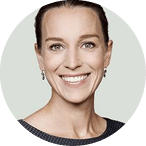
KIRSTEN BROSBØL
Founder of 2020 Beyond and Former Minister of Environment, Denmark
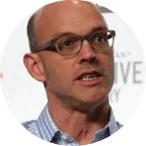
RALPH ASHTON
Founder and Executive Director, Australian Futures Project
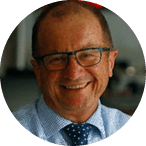
RICHARD LAWSON
Former Canberra Bureau Chief, Australian Associated Press

STEVE KRASKE
UMKC Journalism Professor, Radio Host and former Political Reporter, The Kansas City Star

SAMANTHI DISSANAYAKE
Assistant Editor, BBC

DANI FRIED
Correspondent and Producer, 9News
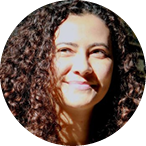
REGIANE OLIVEIRA
Reporter, El Pais Brazil

LUNA SAFWAN
Independent Journalist, Formerly reporter for Vice Arabia
YOUNG MODERATORS
The conference will travel around the world digitally, led by the next generation of journalists who will hold interactive sessions covering issues from their region.
Among others we will meet …
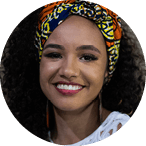
BEATRIZ SANZ
Journalist, Universo Online (UOL), São Paulo, Brazil

SARAH OLIVER
Journalism Student, RMIT University, Melbourne, Australia

GOURI S. DEV
Journalism Student,
Christ Nagar College Thiruvananthapuram, Kerala, India

DINORAH AVENDANO
Master’s Degree, the Erasmus Mundus Journalism, Media, and Globalization Program at Aarhus University, USA

NIMO OMER
BA in Politics, University of Manchester, Journalist Tortoise Media, UK

PHOEBE DAVIS
Journalist, Tortoise Media, UK

SOFONIAS NEGUSSIE
African Leadership University Alumnus, South Africa













